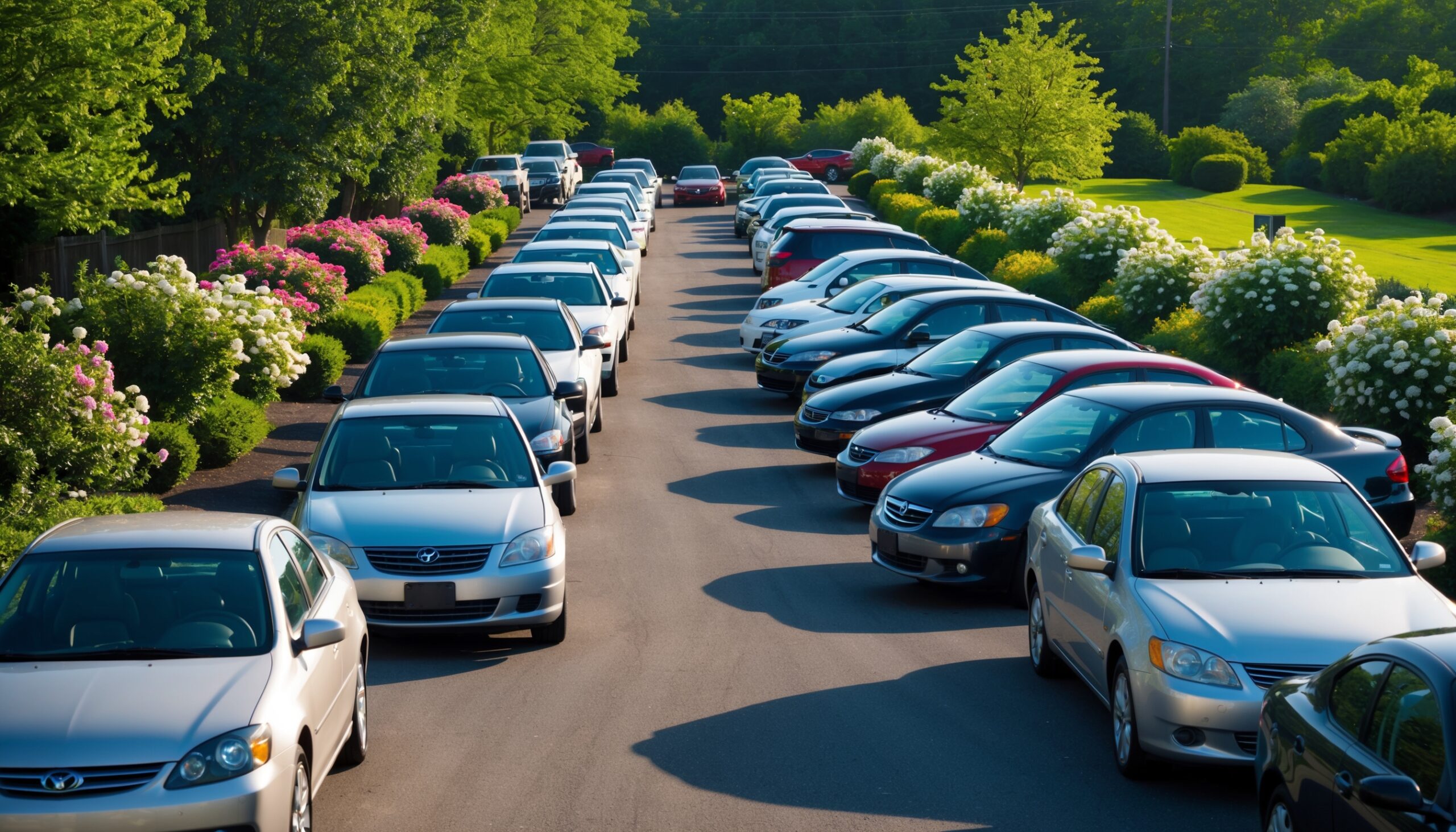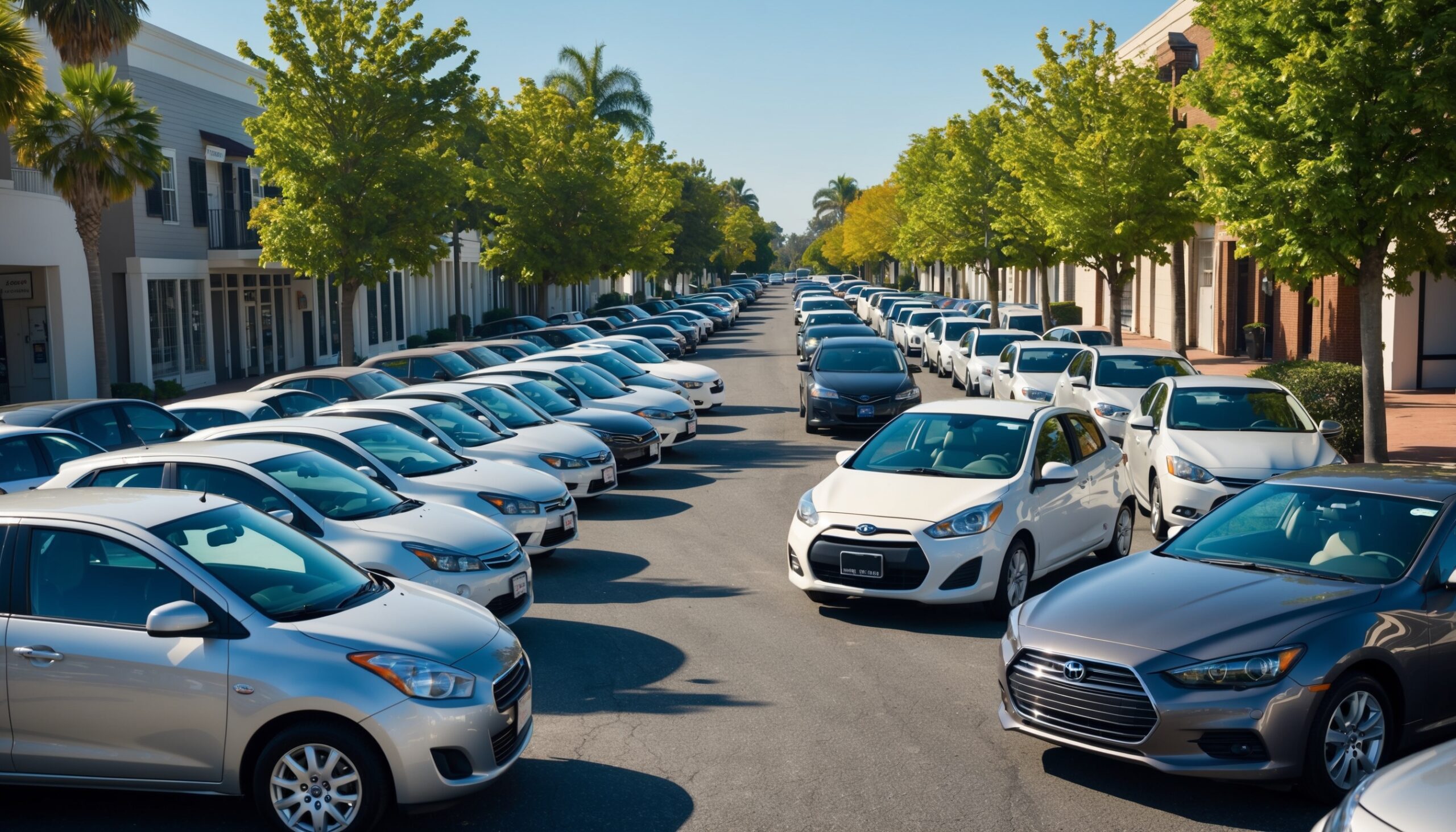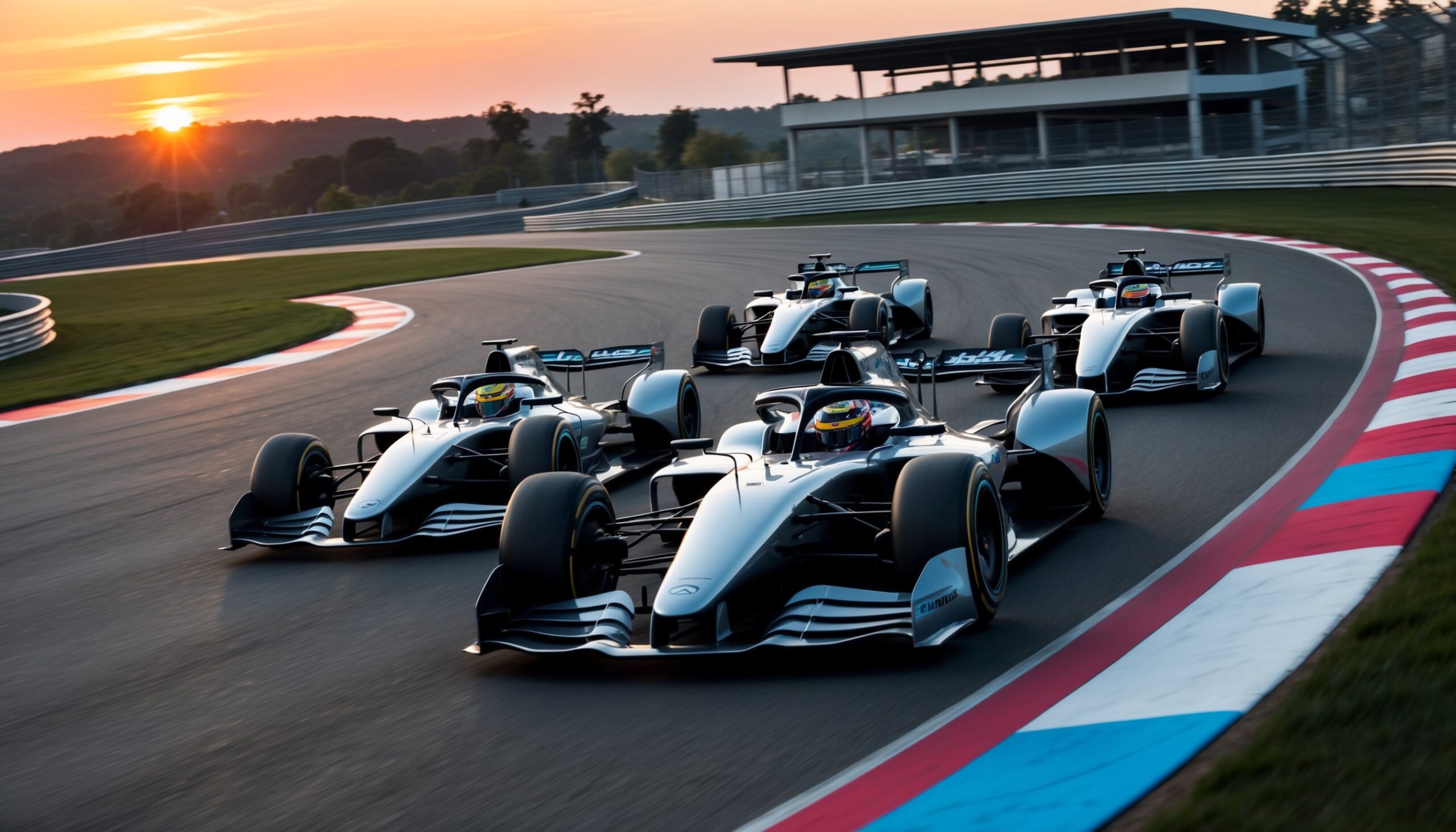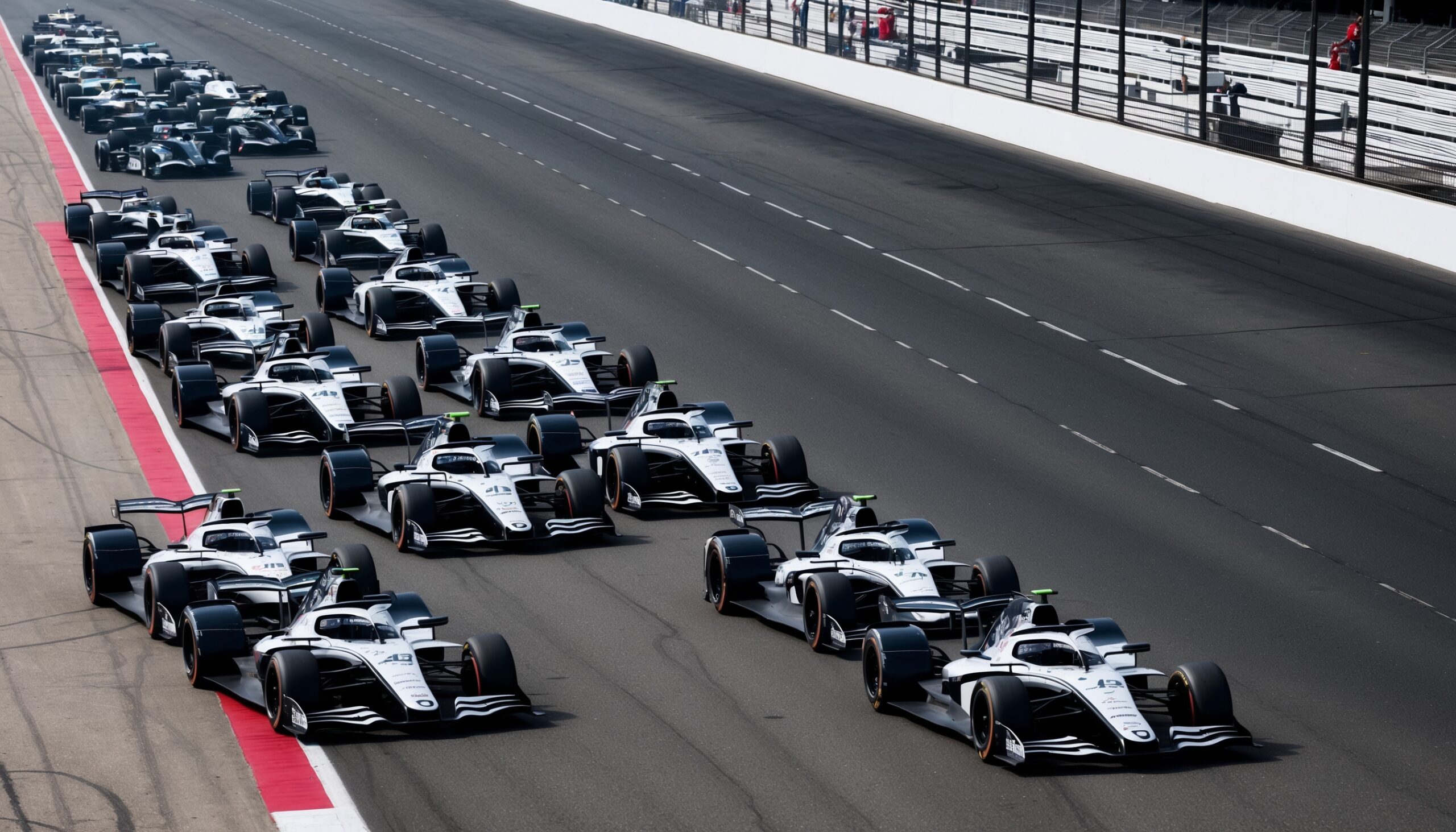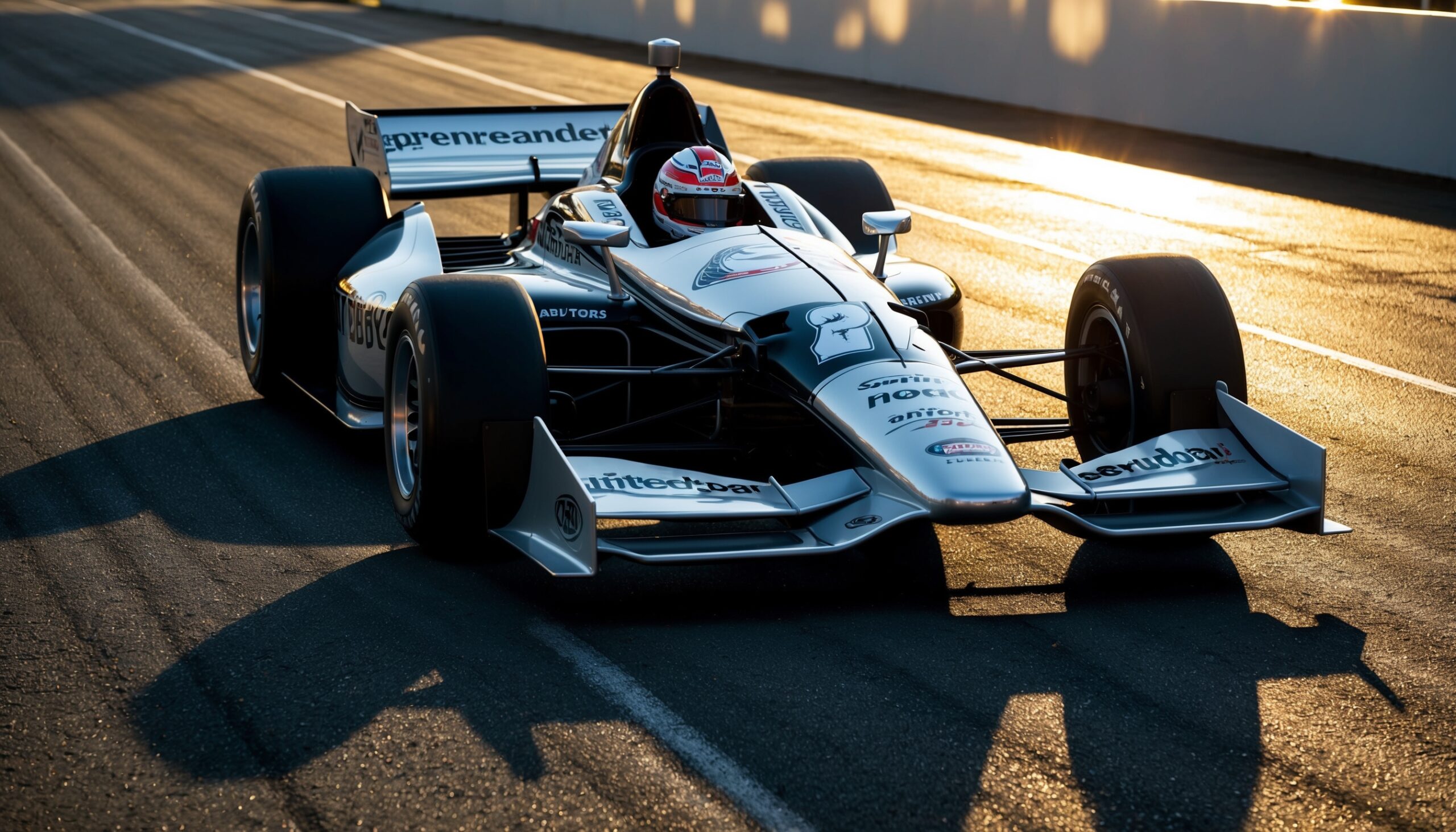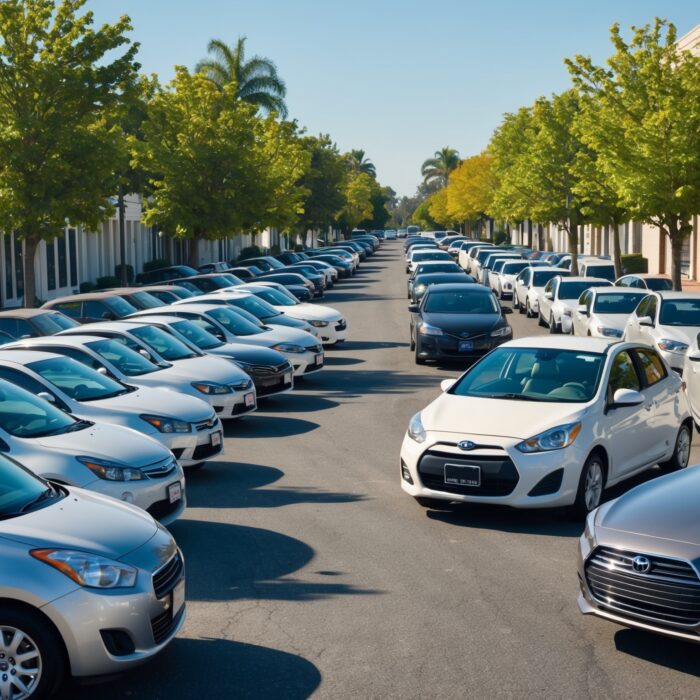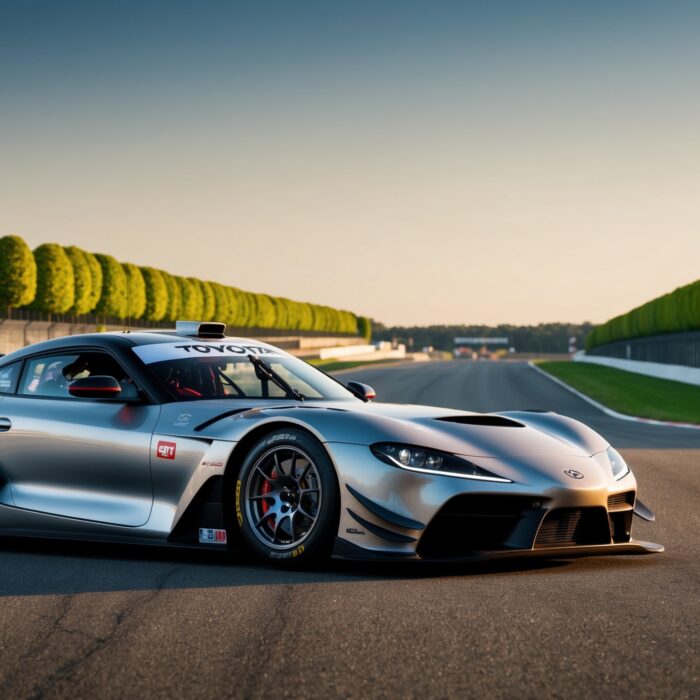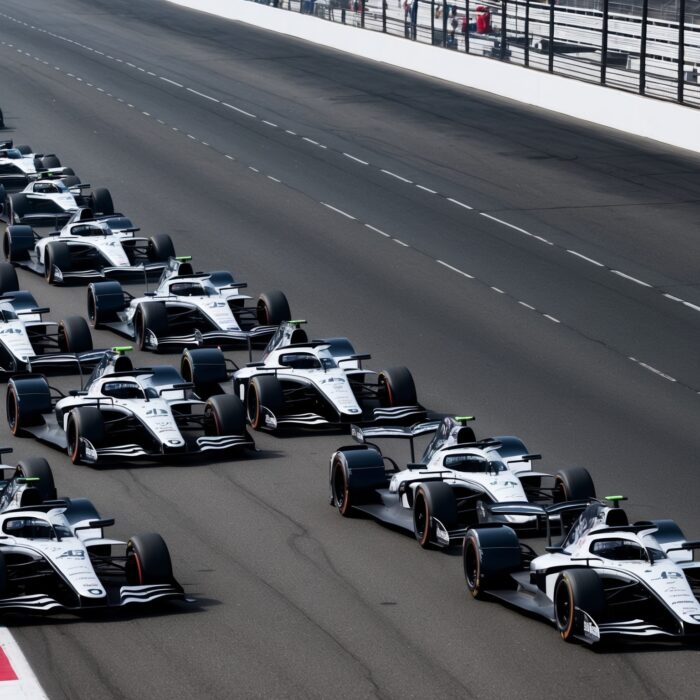BMW Is Killing Its M Competition Models. But for Good Reason
When you think of BMW, what comes to mind? Sleek designs, powerful engines, and a rich motorsport heritage, right? Now, imagine that same brand, renowned for its M models, deciding to pull the plug on some of its most beloved performance variants. Shocking, isn’t it? But before you grab your pitchforks, let’s dive into why BMW is making this bold move and why, in the long run, it might be a stroke of genius. At Torque Feed, we love to explore the intricacies of the automotive world, and this topic is no exception.
The Legacy of BMW M Models
The BMW M division has long been synonymous with performance. From the iconic E30 M3 to the mighty M5, these models have carved a niche in the hearts of enthusiasts. The M badge signifies not just speed, but a commitment to driving pleasure, precision engineering, and motorsport lineage. But as times change, so do the demands of the automotive landscape.
What Are M Competition Models?
Before we delve deeper, let’s clarify what M Competition models are. These are enhanced versions of standard M models, featuring more power, sportier suspensions, and a host of performance-oriented upgrades. Think of them as the crème de la crème of the M lineup, designed for those who crave the ultimate driving experience.
Why Is BMW Pulling the Plug?
Now, let’s tackle the elephant in the room. Why is BMW killing off its M Competition models? The reasons are multifaceted and rooted in both market dynamics and the brand’s vision for the future.
1. Shifting Consumer Preferences
Today’s car buyers are not just looking for raw power. They want a complete package that includes comfort, technology, and sustainability. BMW has recognized this shift and is adapting its offerings accordingly. The allure of a 600-horsepower car is undeniable, but many consumers are now prioritizing efficiency and versatility. This is a clear sign that the automotive landscape is evolving.
2. The Electric Revolution
The electric vehicle (EV) wave is crashing down on the automotive industry, and BMW is fully embracing it. With the introduction of the BMW i4 and the upcoming i7, the brand is pivoting towards electrification. This transition means reallocating resources and focus, which naturally affects the M Competition models. Why invest heavily in high-performance gasoline engines when the future is electric?
3. Simplifying the M Lineup
BMW has a rich and diverse lineup, but sometimes, less is more. By streamlining the M offerings and concentrating on core models, BMW can ensure that each one lives up to the legendary performance standards associated with the M badge. This strategic decision allows for better quality control and a more focused marketing approach.
What Does This Mean for Enthusiasts?
For car enthusiasts, the news of M Competition models being phased out might feel like a bitter pill to swallow. However, it’s crucial to consider what this means for the future of performance vehicles.
1. Focusing on Quality Over Quantity
With fewer models in the M lineup, BMW can invest more time and resources into perfecting each vehicle. This dedication to quality can lead to improved performance, handling, and overall driving experience. Think of it as a refinement process where only the best of the best will wear the M badge.
2. The Future of Performance
As BMW shifts its focus towards electric and hybrid technology, the definition of performance is changing. The M division is exploring innovative ways to integrate electrification into high-performance vehicles. This means that while you may not see M Competition models anymore, you can expect thrilling electric performance cars that push the envelope of what’s possible.
Also Read: The Latest Innovations in Off-Road Vehicle Technology and Electrification
3. A New Era of M Models
Imagine a future where M models feature advanced technology, instantaneous torque delivery from electric motors, and sustainable materials. This new era could redefine how we perceive performance cars, combining the thrill of driving with environmental consciousness. It’s a bold vision, but one that aligns with the modern consumer’s values.

The Future of BMW M
As we look to the future, it’s essential to consider what BMW M will look like in the coming years. With the discontinuation of M Competition models, enthusiasts might wonder what’s next.
1. The Rise of Hybrid Performance
BMW has already dipped its toes into hybrid technology with models like the BMW M5 Competition, which offers a combination of V8 power and electric assistance. Expect this trend to continue as BMW seeks to enhance performance while reducing emissions. Hybrid systems can provide incredible torque and acceleration, making for an exhilarating driving experience.
Also Read: Deep Learning vs. Rules-Based Systems in Autonomous Driving Stacks
2. Enhanced Driving Aids
As technology advances, so do the driving aids and features in performance cars. BMW is known for its cutting-edge technology, and the future M models will likely incorporate sophisticated systems that enhance the driving experience. Imagine features like adaptive suspension tuning, advanced traction control, and AI-driven performance analytics that help drivers get the most out of their cars.
3. A Community of Enthusiasts
Despite these changes, the spirit of BMW enthusiasts will remain intact. The M community is passionate and engaged, and they will continue to celebrate the legacy of the brand. Forums, clubs, and events will ensure that the love for BMW performance remains vibrant, even as the models evolve.
Embracing Change
Change is often met with resistance, especially when it comes to beloved automotive icons. But BMW’s decision to phase out M Competition models is a reflection of a broader shift within the industry. As car enthusiasts, it’s essential to embrace this evolution and understand that progress often comes with sacrifice.
1. The Importance of Adaptation
In any industry, adaptation is crucial for survival. BMW has consistently shown its ability to evolve with the times, whether it was the transition from rear-wheel drive to all-wheel drive or the introduction of turbocharging. This adaptability has allowed them to remain at the forefront of automotive innovation.
2. Supporting Sustainable Practices
As the world grapples with climate change, the automotive industry must do its part. BMW is taking steps toward sustainability, and the phasing out of M Competition models is a part of that journey. By focusing on electric and hybrid technologies, BMW is not only preparing for the future but also contributing to a greener planet.
Final Thoughts
While it’s easy to mourn the loss of M Competition models, it’s important to look ahead and appreciate the innovation and change that come with evolution. BMW is not abandoning its performance roots; instead, it’s redefining what performance means in the modern world. At Torque Feed, we’re excited to see how the M division will adapt to these changes and continue to deliver thrilling driving experiences in new and innovative ways.
So, car enthusiasts, let’s buckle up for the ride ahead. The road may be changing, but the thrill of driving will always remain at the heart of BMW’s philosophy. Are you ready for the future of M? We sure are!

